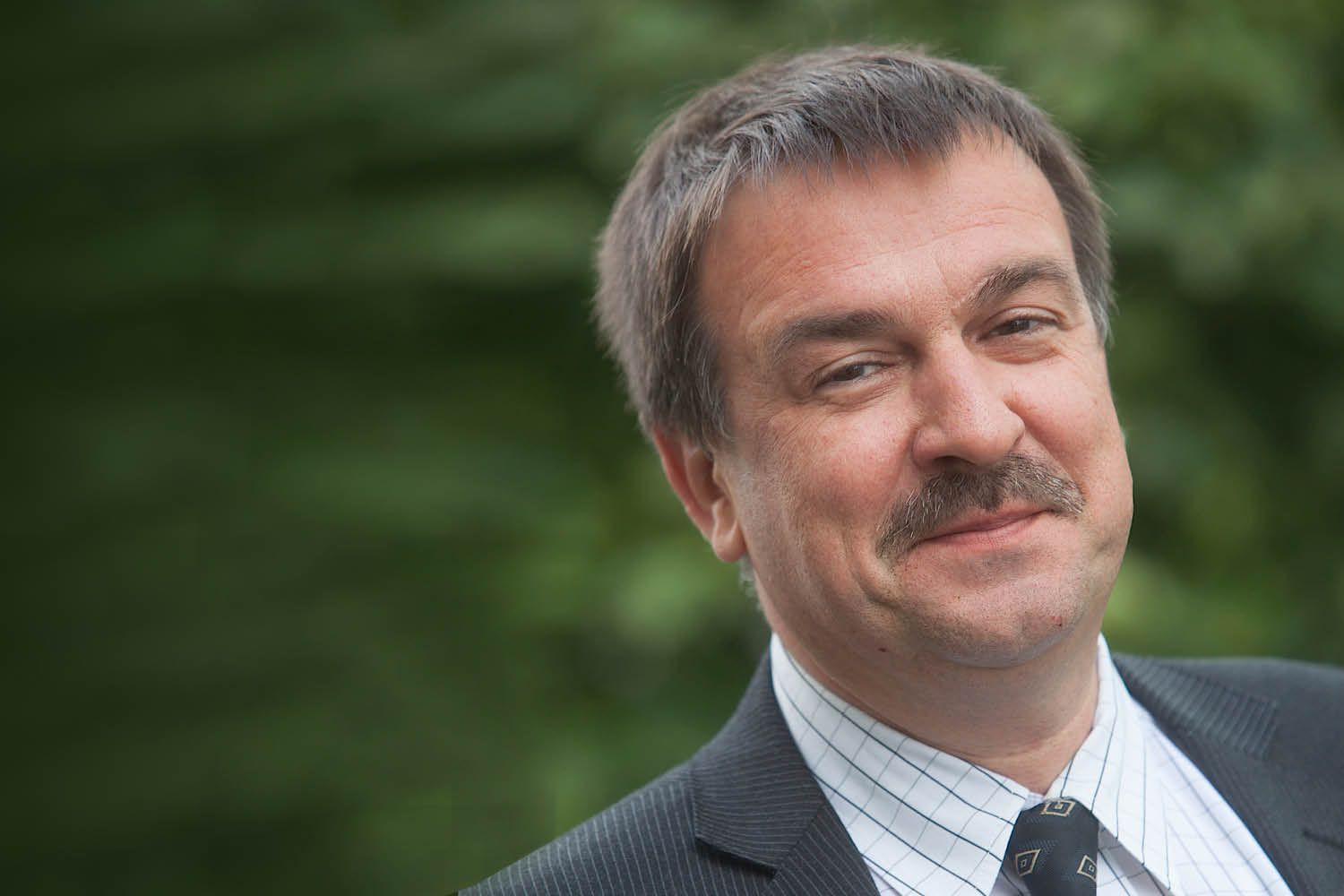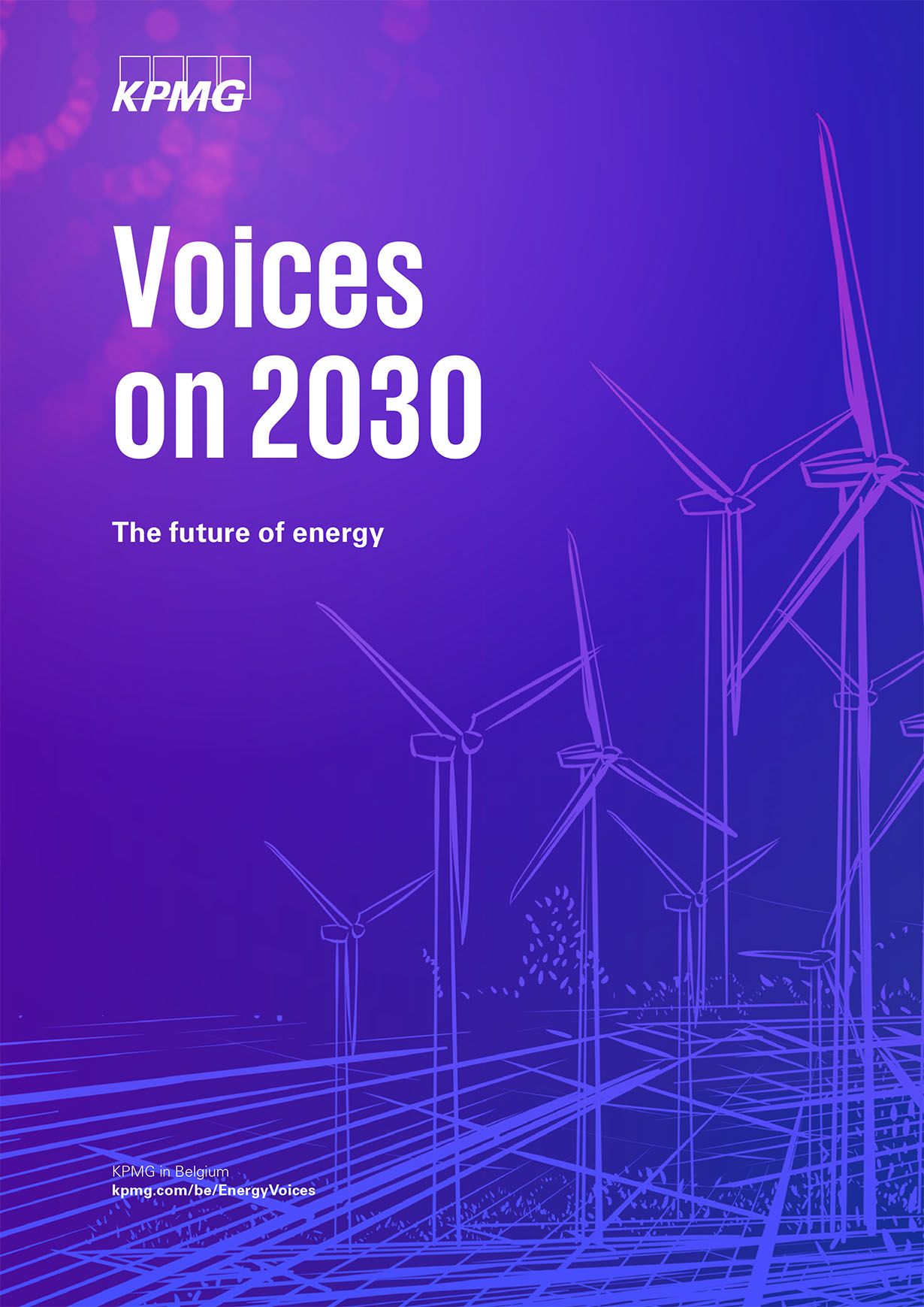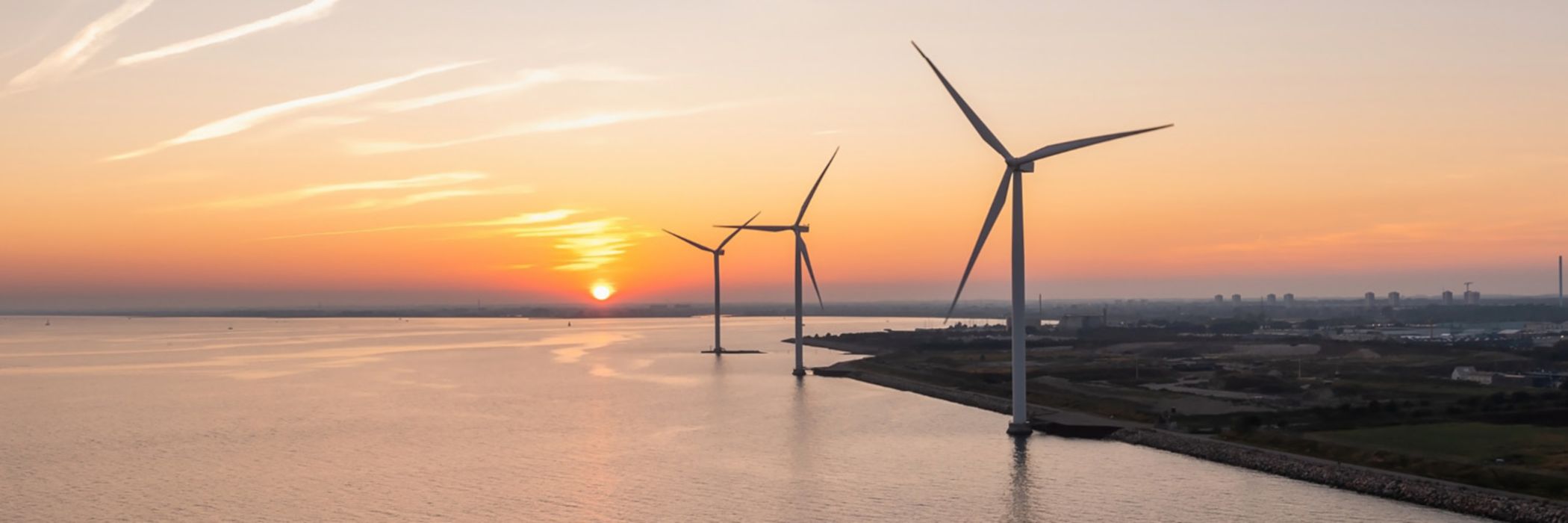Taking the necessary steps to reduce CO2 emissions is something no one can be against. But at the same time, we must keep an eye on the cost of that ambition and we cannot afford to be naive, warns Peter Claes, Director of FEBELIEC.
Even today, in 2030, the world still consumes very large volumes of energy based on fossil fuels. The switch to renewable energy and other low carbon technologies is still not fully complete. Especially if you look at global energy consumption, not only in terms of electricity-generation, but also in terms of heating and transport, we still see a high dependence on fossil fuels.
Relying solely on renewable energy to remain competitive is difficult, particularly in Belgium. Solar and wind yields are relatively low here, we have challenges in terms of zoning and planning and not enough coastline. That means we cannot write off nuclear energy, we have more than half a century of experience with it. Why should we give this up?

Peter Claes
Director General FEBELIEC
Game-changer
The war in Ukraine was a game-changer because it seriously pushed energy prices up, until 2026 - 2027. After we stopped importing Russian gas, Europe looked feverishly for alternatives. One such alternative was to deploy completely new energy sources. A second was to start looking for alternative gas suppliers. That gas then had to get to Europe by pipeline or by LNG tanker. However, both alternatives took a long time, in terms of building infrastructure, bringing in large volumes and negotiating contracts.
For our industry, these past few years have been very difficult, even painful. Because regions such as the United States, the Middle East and Australia didn’t feel this price handicap, our European industry suffered structural damage. Not only directly because of the high energy prices, but also because of the impact it had on inflation and logistic chains. As we no longer produced sufficient energy-intensive products such as metals and fertilizers, it affected other companies that used these products as raw materials.
At one point, we also sat down with alternative suppliers like Norway, Libya, Qatar and the United States, with a simple message: „If prices are five or ten times higher in Europe than in your home markets, you are squeezing us to death. And in a few years’ time, there won‘t be an industry in Europe left that can buy your gas”. So, in exchange for long-term contracts, price agreements were made with these countries. This required long-term commitments in terms of volumes: LNG exporters would not invest in expensive infrastructure to export gas to Europe, without a long-term commitment on volumes.
Market forces
Of course, this doesn’t mean we didn’t believe in market forces. Both in terms of prices and security of supply, it’s preferable to organize the energy market in a competitive manner. But I do believe that exceptional circumstances can push governments to new types of agreements. Such agreements allow companies to buy a certain volume of energy at a certain price. These agreements do not have to be the same for every country. Norwegian gas is mainly pipeline gas, both supplier and offtaker are heavily dependent on one another. It’s different for LNG: it can be sold anywhere in the world.
But as I said, such a mechanism was not created overnight. And asking companies to shut down plants for four to five years because energy was too expensive or to operate at a loss was very difficult. Not all energy-intensive companies were able or willing to sustain that. Not all their customers had the patience to do that either. So, in recent years, there were cases of delocalization and closure.
Carbon capture
Of course, in our search for alternatives, we were careful not to shift our dependence from one energy source to another. What if suddenly the supply of solar panels from countries such as China was interrupted? But, being one hundred percent independent is by no means evident. Building all our solar panels and wind turbines ourselves is a huge economical challenge. What also didn’t help was that there was (and still is) no strong overarching European energy policy.
The main problem was, and still is today, that the energy transition to climate neutrality came with a cost that was vastly underestimated for a long time. Wind and solar power require backup capacity when there is no wind or sun. With too much wind or solar you have to start storing energy in batteries or converting it to molecules such as hydrogen or ammonia. Both systems are very expensive. Certainly until 2040 - 2045, using conventional systems such as gas-fired power plants combined with carbon capture is much more affordable. After 2040 - 2045, I think we need to once again look at new generations of nuclear power plants as a backup. We can also import green molecules from countries with lots of wind and solar, but that too is a very costly operation. It requires building huge renewables capacity outside of Europe, and transporting the hydrogen or ammonia to Europe where it would then be converted again into electricity, which is not efficient.
However you look at it, the transition to climate neutrality was and still will be extremely expensive. Especially the last steps to reach net zero come at a huge price. We may be able to handle the first half of emission reduction, but to reduce the last emissions will require enormous financial efforts. And I wonder if our policy makers are aware of this. Moreover, in 2030 this is still a global challenge, requiring a global approach. So, while decarbonization is necessary, we must be careful not to squeeze ourselves to economic death.
Climate neutrality is necessary, but we must be careful not to condemn ourselves to economic death.

About the interviewee
Peter Claes received his master‘s degree in Applied Economics in 1984 at the KU Leuven and worked there as a research assistant until 1986. From 1987 to 1992, he was employed as an economist at the bank BBL. After that he joined essencia, the Belgian federation of the chemical industry and life sciences, as Director of the economic department and later became Director General. Since 2009, Claes is Director of FEBELIEC, the federation of Belgian industrial energy consumers.

Voices on 2030: The new reality for Energy
Discover more perspectives from Voices representing the energy industry.
Download full report ⤓



